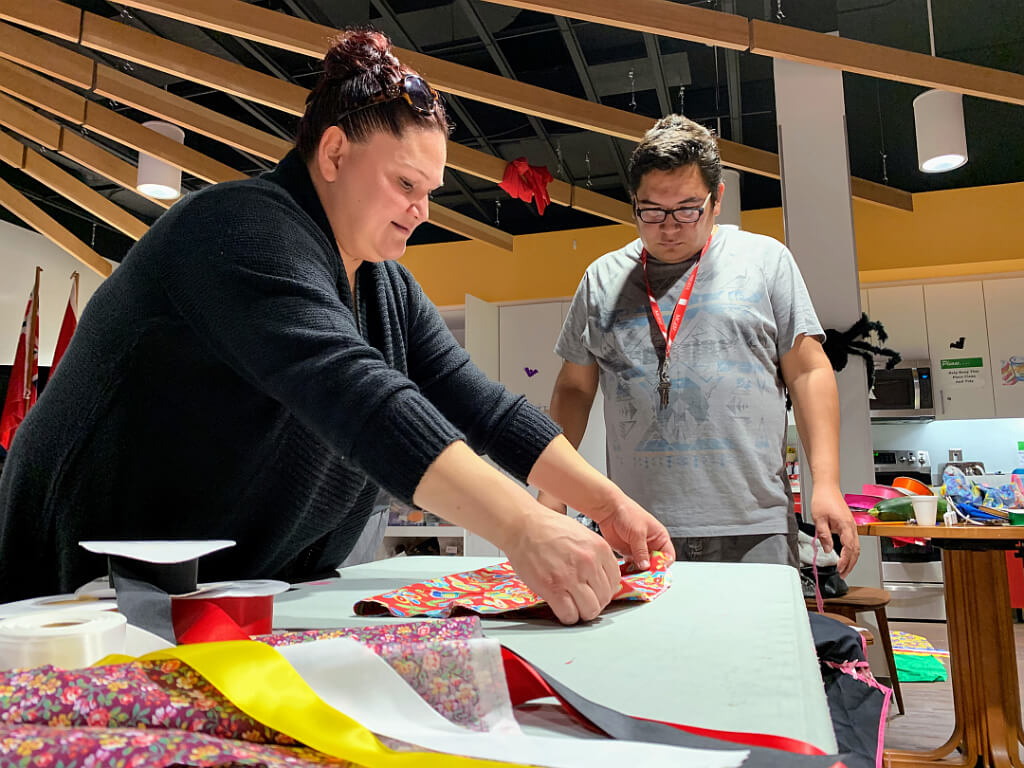
Aboriginal and Northern Studies
Humanities
Majoring in the Humanities
- Academic Skills (Communication, Thinking, Learning, Research)
- Personal Management Skills (Positive Attitudes/Behaviours, Responsibility, Adaptability)
- Teamwork Skills (Working with Others)
Opportunities for Graduates in the Humanities
Social Sciences
Science
The Faculty offers a minor in Science. The study of Science is the study of the physical environment around us. Science analyzes and explains the organization and structure of matter and of life, and harnesses and applies that understanding for the betterment of humanity. Graduates with a science background are able to go on to further studies and careers in a variety of engineering, technology and health-related fields.

History
The Faculty offers three- and four-year majors and a minor in History. The study of history is concerned with the record of past events and developments. Incorporating a variety of critical perspectives, theoretical approaches, and methodologies. History offers analysis of and commentary upon the cultural, political, intellectual, social, and economic dimensions of past human experience and endeavour.

